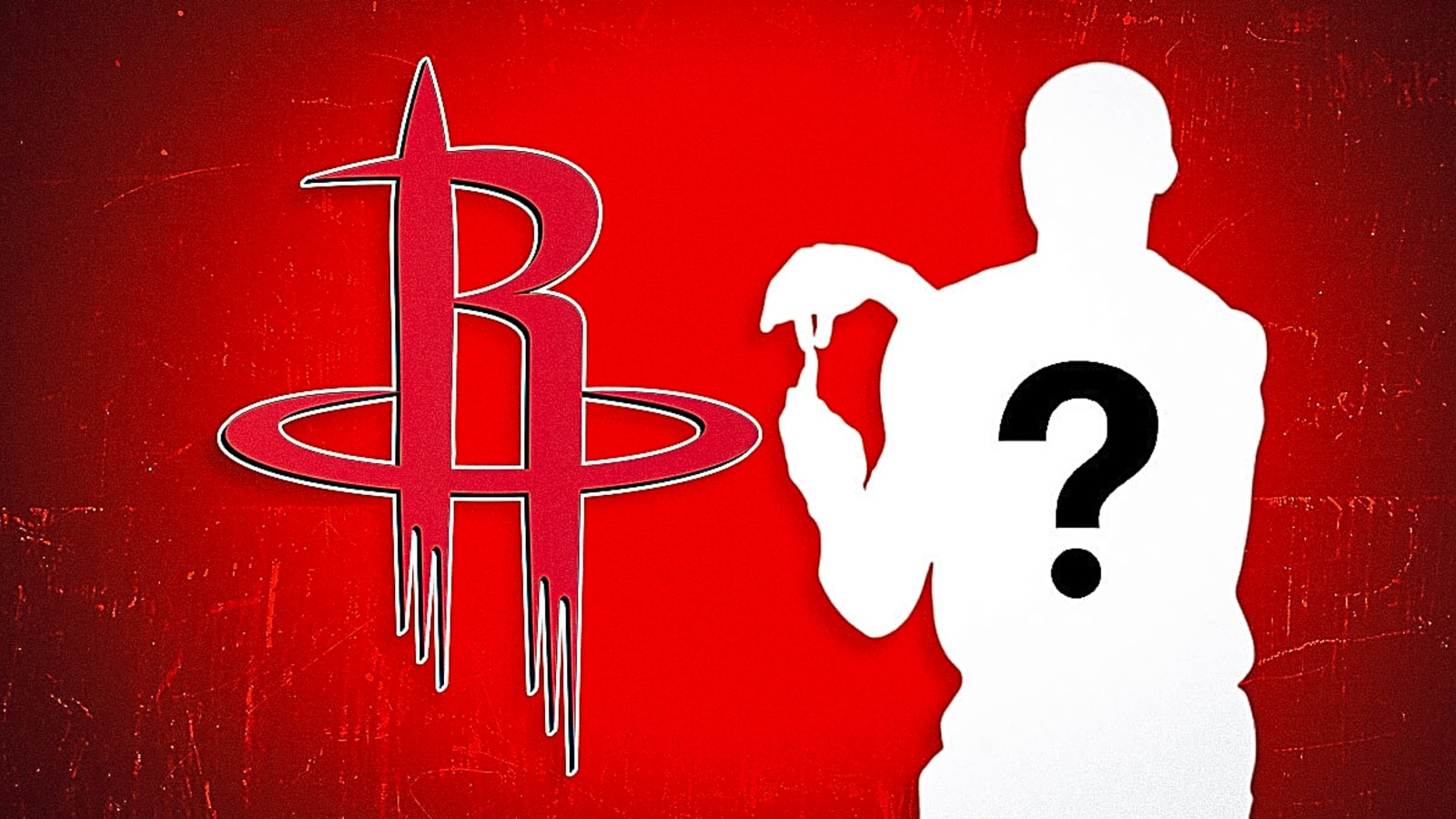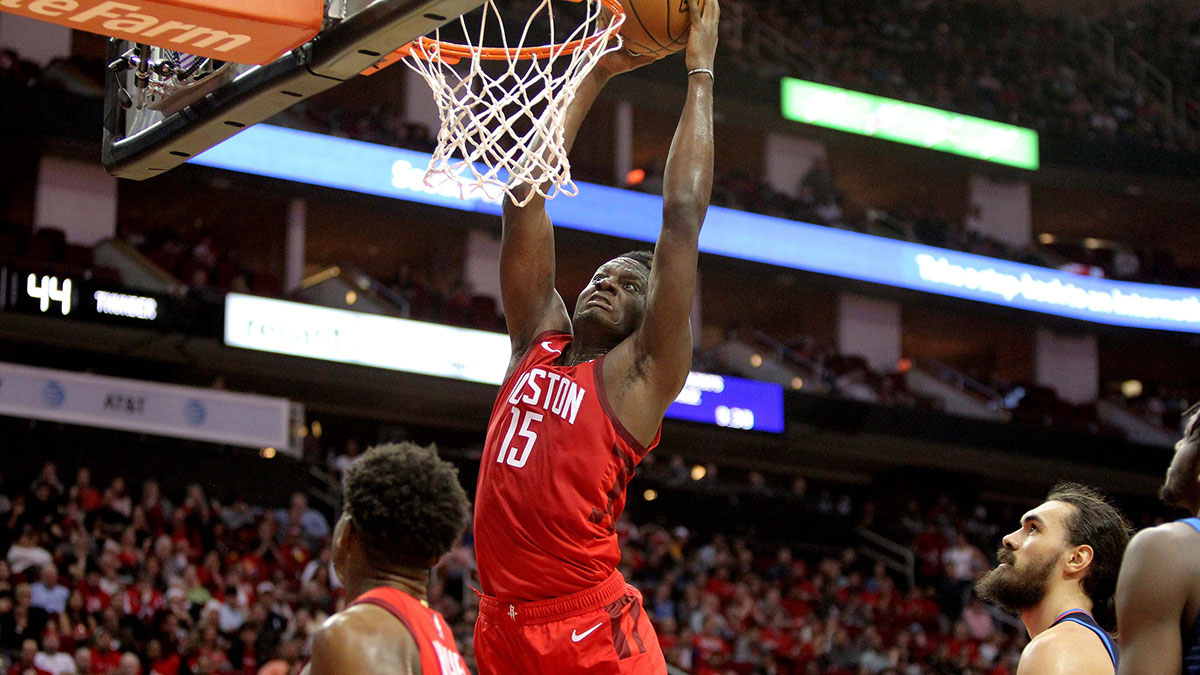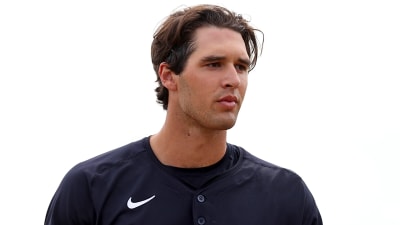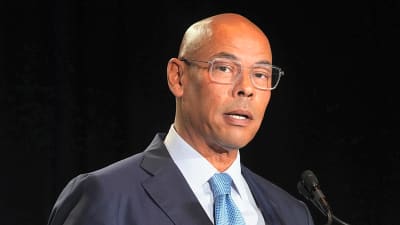
The Houston Rockets entered the 2025 NBA offseason with a clear and ambitious goal: to transform from a promising young core into a legitimate title contender. After years of patient rebuilding, the Rockets’ front office, led by Rafael Stone, made aggressive moves to upgrade key positions. This signals a “go big or go home” mentality. With the acquisition of a generational scorer and shrewd veteran signings, Houston’s roster looks deeper and more versatile than ever. Yet, amid the praise and optimism, there lurks a critical question: did the Rockets make a costly misstep in their pursuit of immediate success?
Strategic Changes, Big Names and Smart Moves
The Rockets revamped three key spots this offseason: perimeter scorer, 3-and-D wing, and backup center.
Kevin Durant replaces Jalen Green, bringing elite scoring and playoff experience far beyond Green’s limited production last year. Dorian Finney-Smith takes over for Dillon Brooks. He offers slightly better shooting and a cheaper contract despite being older. At center, Clint Capela replaces Jock Landale, bringing starting experience compared to Landale’s limited minutes.
Other than losing Cam Whitmore and the No. 10 pick, the roster remains intact. Houston made no costly sacrifices and improved substantially. Stone even secured a pay cut from Fred VanVleet.
The Rockets maintain flexibility to develop young talent or pursue stars. They have a deep, adaptable roster built to withstand injuries. The exceptiion, of course, is Durant. Capela’s role is to rest Alperen Sengun and Steven Adams in the playoffs, while top pick Reed Sheppard develops without pressure. Houston’s lineup now blends star power, depth, and versatility for a strong title push.
Here we will look at and discuss the biggest mistake that the Houston Rockets may have made during the 2025 NBA free agency.
Overpaying and Roster Redundancy
As good as the Rockets’ offseason was, the biggest question mark and arguably their biggest mistake is the decision to sign Capela away from the Atlanta Hawks for $21.5 million over three years. That was despite already having Adams and Sengun on the roster.
At first glance, adding Capela seemed logical. He provides playoff experience, elite rim protection, and rebounding. However, this move was surprising after Houston also extended Adams’ contract. Adams and Capela appear to be an either/or proposition because neither offers significant positional versatility. During the playoffs, starting center Sengun shifted to power forward alongside Adams. This highlighted the Rockets’ preference for flexibility. That is just something Capela does not provide.
The upside is that the Rockets can manage minutes effectively. Adams did not typically play both ends of back-to-back games last season. Meanwhile, Capela averaged just 21.4 minutes per game. That was his fewest since becoming a starter nearly a decade ago. That said, the downside looms larger.
Luxury Tax
Adding Capela likely pushes Houston into the luxury tax this season. That’s a clear signal they are “all-in” after acquiring KD. However, Capela’s contract will push the Rockets to the edge of a hard cap at the lower luxury tax apron. That also limits their flexibility to add salary midseason. This restriction could hinder Houston’s ability to make further roster improvements or absorb unexpected injuries.
The bigger issue is long-term. Paying two backup centers with similar skill sets and limited positional flexibility creates a logjam. When the Rockets’ young core, namely players like Amen Thompson and Sheppard, come up for extensions, the luxury tax apron and hard cap rules will become more restrictive. Houston might try to add salary before these restrictions tighten. However, it would make more sense to invest in younger players with upside rather than veterans like Adams and Capela. The latter two are more likely to maintain their market value.
In essence, the Rockets’ frontcourt depth is a double-edged sword. Yes, it provides insurance and rest for starters. That said, it also risks salary cap inefficiency and reduced roster flexibility during a critical championship window.

A Calculated Risk or a Costly Oversight?
The Rockets’ 2025 offseason was a masterclass in roster building. They acquired a superstar scorer, upgraded key roles, and maintained financial flexibility. Yet, the decision to pay a premium for Capela, despite already having two capable centers, may prove to be their biggest mistake. This move complicates their salary cap situation and risks limiting their ability to maneuver in a league where flexibility is king.
As the season unfolds, Houston’s gamble will be tested. If Capela’s presence helps preserve Adams and Sengun for a deep playoff run, the risk may pay off. On the flip side, if the luxury tax and hard cap constraints prevent Houston from adding critical pieces or force difficult roster decisions, this offseason’s biggest blunder will be clear.
For now, the Rockets remain a team to watch—deep, talented, and hopeful. However, they have a hidden flaw that could dent their championship aspirations.
More must-reads:
- Lakers supporting Bronny James with veteran Summer League roster
- Cooper Flagg showed glimpse of abilities in NBA Summer League debut
- The 'Most points in a game by NBA team in 2024-25' quiz
Breaking News
Trending News
Customize Your Newsletter
 +
+
Get the latest news and rumors, customized to your favorite sports and teams. Emailed daily. Always free!








